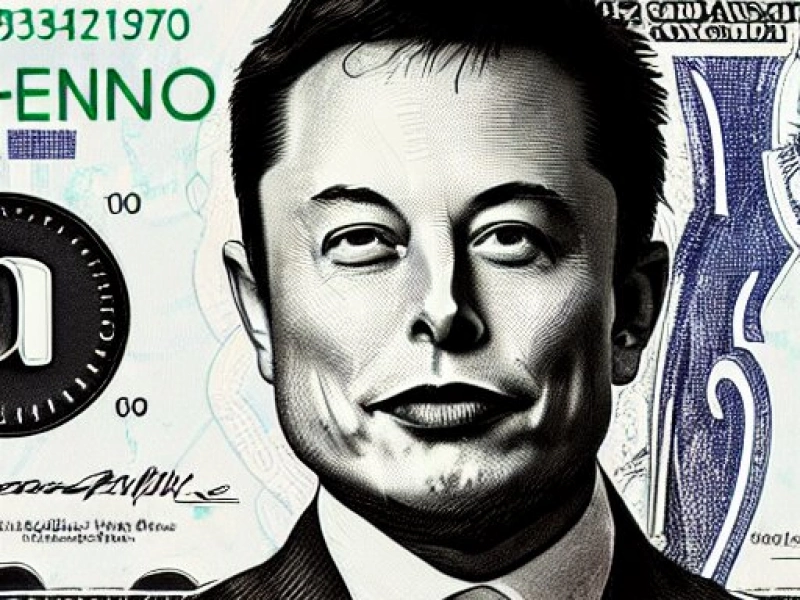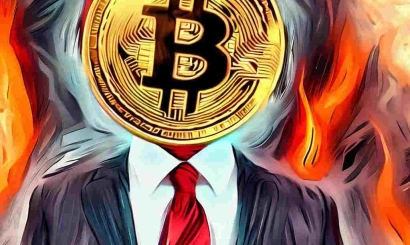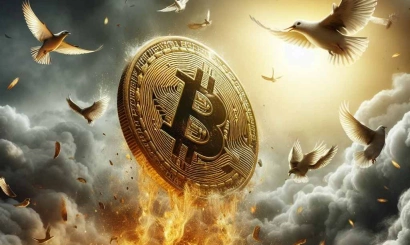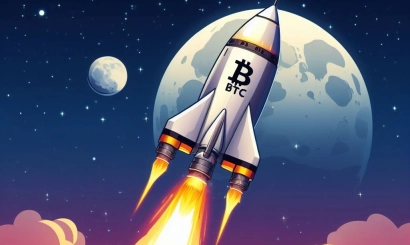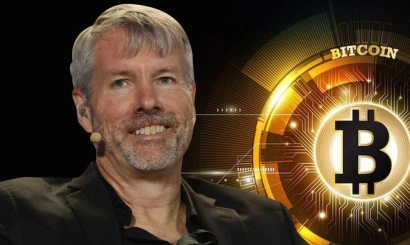Musk triggered an influx of new crypto-tokens. They have grown thousands of times
Musk's ChatGPT analog led to the emergence of many GROK cryptocurrency tokens
Creators of tokens took advantage of the news background around the announcement of the chatbot Grok, and at the expense of speculators, the capitalization of new coins has grown to tens of millions of dollars. We tell you who made money on it
Over the weekend of November 4-6, anonymous developers issued about four hundred tokens with different variations of the word GROK as a stock ticker. Their total capitalization quickly grew to tens of millions of dollars, and the first coin buyers were able to multiply their profits from early-stage token purchases.
Developers began creating tokens en masse and bringing them to decentralized trading platforms (DEX) when Grok, an artificial intelligence chatbot service from social network X (formerly Twitter), became known and began rolling out on Saturday, November 4.
Social network X owner Ilon Musk showed the first results of Grok and announced that it will be available as an early beta for X users with a paid subscription. He demonstrated the bot's capabilities with the example of the news that the former head of crypto exchange FTX Sam Bankman-Fried was found guilty of fraud.
Anyone can create their own token if they wish and add it to decentralized exchanges - it will take a small list of technical knowledge to launch a smart contract and funds to provide primary liquidity.
Uniswap, PancakeSwap, SushiSwap, 1Inch, dYdX, and others are decentralized financial services (decentralized exchanges, DEX) for the exchange and trading of crypto-assets, working on the basis of the logic of software smart contracts without a central intermediary (e.g. exchange or exchanger).
Unlike conventional (centralized) crypto exchanges, DEXs have no listing requirements or asset valuation criteria. It is on such platforms that GROK and similar tokens are traded.
The history of operations in the blockchain shows that the very first GROK token was issued on November 4 on the Ethereum network and by November 6 had already reached a market capitalization of $10 million, according to Dextools. Its holders are 4.6 thousand people, and the daily trading turnover in the pair GROK/ETH also exceeded $10 million. The owners of the largest wallets of this token have more than $150 thousand of unrealized profit, having spent that ten times exceed their investments in dollar equivalent.
Someone was able to buy 108 million GROK tokens immediately when the coin appeared on trading platforms, spending only $73. The multiple growth of the token's price turned his investment into $96 thousand at the exchange rate as of November 6. Despite the transparency of the blockchain as an open register of transactions with crypto-assets, it is impossible to determine who exactly is behind such a purchase.
This tactic is known as "sniping" - the automatic purchase of newly created tokens thanks to algorithmic tracking of the placement of new smart contracts on various blockchains. In the spring of 2023, the built-in sniping feature contributed to the rise in popularity of trading bots on Telegram, and in particular, the most famous one, Unibot.
GROK tokens were launched not only in Ethereum. The capitalization of another GROK in the Base network exceeded $4 million with a daily trading volume of $3.5 million, according to data as of November 6. At the same time, many tokens were created for the sake of outright fraud. Developers of at least ten different variations of GROK made a so-called rug pull, i.e. deprived their tokens of liquidity. This resulted in a cumulative loss to speculators of more than $1 million.
This is not the first time such scenarios have been realized in the crypto market. Creators of tokens exploited brand names during the hype around them or even individual phrases of famous personalities from the crypto sphere, such as Ethereum co-founder Vitalik Buterin. Such tokens do not have any functionality, and their price, as a rule, quickly collapses after the decline in speculative demand. But until then, due to low liquidity, their price can grow tens or even thousands of times due to numerous buy orders.
- No tokens
After Elon Musk announced the rebranding of Twitter with the renaming of the social network to X, the market was similarly quickly flooded with tokens that used X in the name in one way or another. Most of them also turned out to be fraudulent. Musk then wrote in one of the comments that his company would never issue a crypto-token. After a wave of GROK tokens appeared, he reminded this once again. "To be clear, none of my companies will ever issue a cryptocurrency token," the entrepreneur stated.
As the head of X, Musk has organically joined the cryptocurrency community, which settled on the platform at the stage of crypto-business inception. Musk participates in Spaces broadcasts with opinion leaders from the cryptosphere and comments on high-profile news on his personal account.
It's not uncommon for Musk's posts on X to cause a significant increase in the prices of the coins he mentioned directly or indirectly. As a rule, such price hikes are fleeting, as traders and automated bots start buying tokens directly or indirectly mentioned by Musk within seconds after his comments, in order to quickly sell them at a profit.
Speculation about the introduction of cryptocurrency payments at X has been going around for a while now. One of the subsidiaries of Musk's media holding company has obtained licenses for payment transactions in several US states. Back under its former name, right after Musk bought the holding, the social network submitted a request to regulators in the US for a Money Service Business (MSB) license. The billionaire later announced his plans to turn X into an "app for everything".
Tesla, which Musk also heads, is investing in bitcoin. In October, it published a quarterly report that revealed that the electric car maker did not sell any of its digital assets in the third quarter of this year. The organization has 9,720 bitcoins on its balance sheet, which is more than $275 million at the current exchange rate. Last quarter, Tesla also reported that it did not sell the cryptocurrency.
- Bernstein predicted a five-fold increase in the price of bitcoin
- The a16z fund will hold new rounds of investments in cryptocurrency startups
- Cryptocurrency wallet MetaMask announced the introduction of phishing protection
- Matrixport predicted bitcoin growth in 2023 to $45 thousand.
- Bitcoin white paper turns 15 years old
- Conditions are favorable so far. What will happen to Bitcoin in the coming week?
- Major market makers to provide liquidity for bitcoin-ETFs

